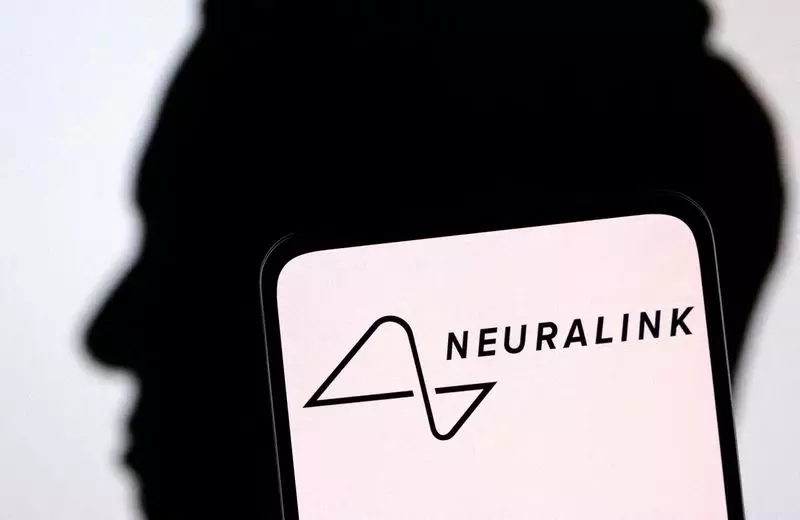Elon Musk’s brain-chip startup, Neuralink, made headlines with its livestream of the first patient successfully implanted with a chip that allows him to play online chess using only his mind. The patient, Noland Arbaugh, who was paralyzed below the shoulder after a diving accident, was able to control a computer cursor and keyboard using the Neuralink device.
Arbaugh shared his positive experience, stating that the surgery was easy and he was released from the hospital the following day with no cognitive impairments. He expressed his gratitude for being able to play a game he had given up on, thanks to Neuralink giving him the ability to do so for 8 hours straight. However, he also acknowledged that the technology is not perfect and that there are still issues to be resolved.
Kip Ludwig, a former program director for neural engineering at the U.S. National Institutes of Health, cautioned that Neuralink’s achievement is not a groundbreaking development. He emphasized that there is a lot of learning and improvement needed on both the company’s and the patient’s side to maximize the control achievable through the implant. Despite this, Ludwig acknowledged that interfacing with a computer in a new way is a positive step forward for patients.
Recent reports of problems with record-keeping and quality controls for animal experiments at Neuralink raise concerns about the company’s regulatory practices. The U.S. Food and Drug Administration inspectors found issues just weeks after Neuralink announced it was cleared to test its brain implants in humans. This raises questions about the company’s adherence to safety and ethical standards.
Overall, while Neuralink’s progress in enabling patients to control computers with their minds is commendable, there are still significant challenges and obstacles to overcome. The patient testimonial highlights the potential life-changing impact of this technology, but expert opinions caution against premature excitement. As Neuralink continues to push the boundaries of brain-chip technology, it is essential for the company to address regulatory concerns and ensure the safety and effectiveness of its implants for patients.

